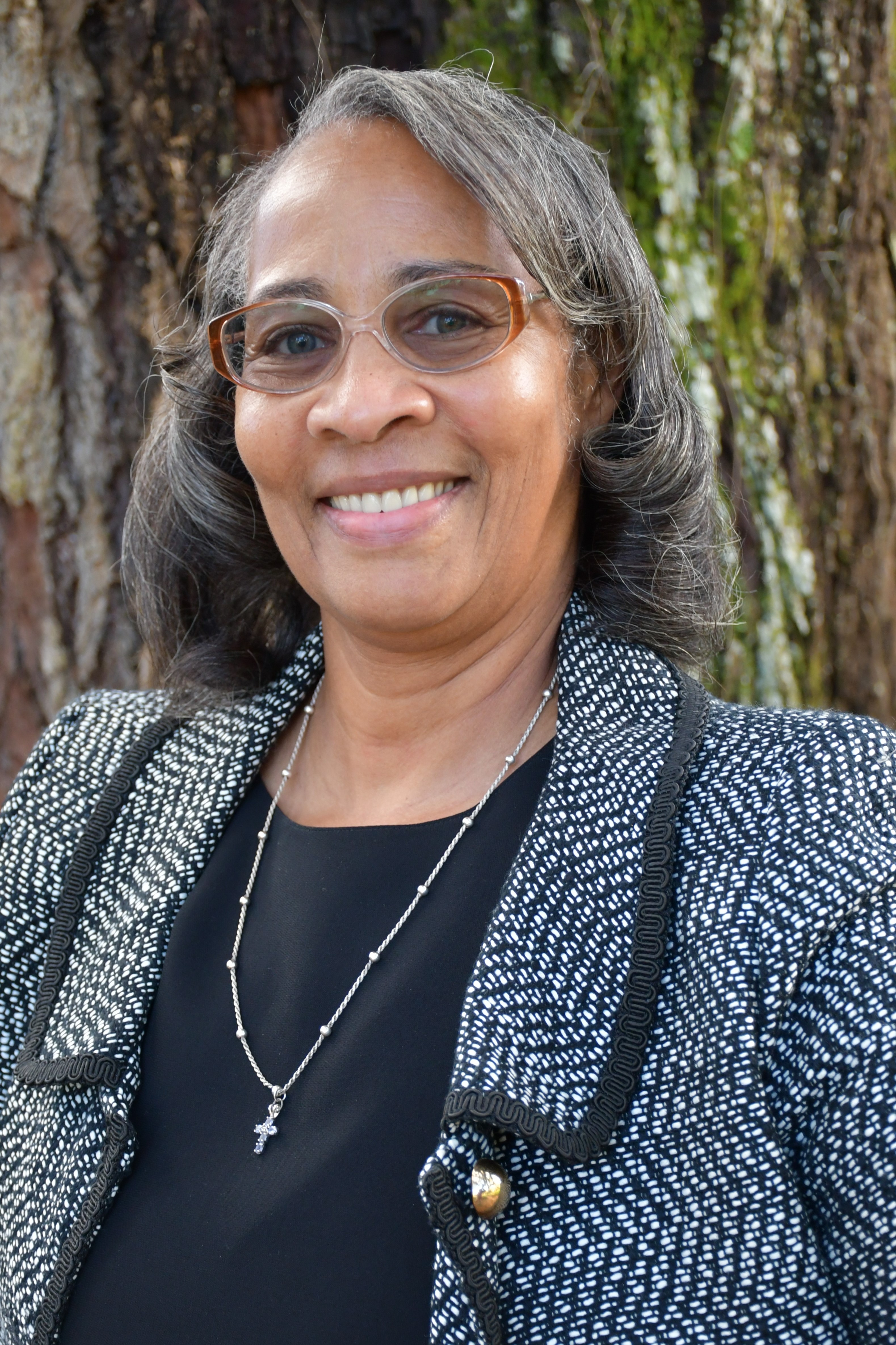In 2006, after a long, hard day in her native Milwaukee; Elder C. Ivy sat down and read a story in her Bible about the woman who was cured by touching the hem of Jesus’s garment. In this parable, she saw hope for herself.
Elder Ivy was a person of accomplishment. She owned a gallery of African American art. She had recently organized Milwaukee’s first Food, Fashion, and Arts Festival with activist Will Allen. However, Elder Ivy suffered from crippling depression. She had tried various medicines, doctors, and therapies; all without relief.
Elder Ivy went to church that Sunday intent on touching the hem of her minister’s robe. When she did, she found herself cured of an illness that had plagued her for fourteen years.
The SSSCM Ministry was born of Elder Ivy’s overcoming; as well as of her desire to put what she learned in the months to come, as she put depression behind her, finding peace in farming and quilting; to use on other people’s behalf.
“My vision is to teach women and their families to be self-sufficient,” says Elder Ivy. Her reasoning is straightforward: People who can feed and clothe themselves, and secure the basic elements of their survival for themselves; they operate with greater calm and confidence and self-belief as they face often-hard decisions.
ELDER IVY’S TESTIMONY: OVERCOMING BROKENNESS
Elder C Ivy’s passion for growing and sewing, both of which she teaches, lie at the heart of her ministry. Her love for these activities is fueled by memories of her grandmother and the vegetables she brought home from the Milwaukee garden where she and Elder Ivy’s mother had a plot.
*~*~*~**~*~*~**~*~*~**~*~*~**~*~*~**~*~*~**~*~*~*
The ministry began some months later, in 2006, after Elder Ivy moved to Tallahassee, Florida, when she attended a soils workshop offered by Nathan Ballentine, the “Man In Overalls,” a founder of the Tallahassee Food Network. Tallahassee had a burgeoning local food scene, and Elder Ivy found a home in it. After the workshop, Mr. Ballentine invited Elder Ivy to a meeting at Frenchtown’s Purple House, where she met Maisha Mitchell; a founder with Mr. Ballentine of the Network.
At that meeting another local figure, Pastor Leroy Simmons, offered Ivy a raised bed in Florida A&M University’s Orange Avenue Community Garden; she accepted. Seeing her at work there one day soon after, Pastor Simmons asked if she would like to take two more plots? She was very happy to accept. Soon, Pastor Simmons offered her six, and then nine more. The plots multiplied like the proverbial loaves and fishes.
Elder C. Ivy began offering the plots to local families, assisting them in getting started. Soon the other shoe dropped.
“We realized we could teach others how to garden,” Elder Ivy says about that time. “We began to see lives transformed.”
Not much time passed before the directors offered Elder Ivy a large plot at the back of the Orange Avenue garden. As she began to work one morning, Mr. Ballentine arrived with a truck full of mushroom compost and many packets of seeds. Elder Ivy felt her nascent ministry was blessed.
The friendship with Mr. Ballentine grew. Elder Ivy gave him a DVD about Will Allen’s influential urban Milwaukee farm projects, which Mr. Ballentine shared with the TFN (Tallahassee Food Network) members. They made a pilgrimage to visit Mr. Allen; Elder Ivy and her outreach came to form part of the core of the TFN’s activities. She then met the TFN Board member Qasimah Boston at the Purple House and became a participant in Boston’s annual Youth Symposium On Hunger.
*~*~*~**~*~*~**~*~*~**~*~*~**~*~*~**~*~*~**~*~*~*
Today, the motto of Elder Ivy’s Sanctuary Gardens is “Peace, Prayer, and Purpose.”
“We start with children, and work to make them comfortable on the land: growing food and eating well, preparing and selling the produce that we grow. We think about their mothers, and encourage them to join in. We bring them to a place of comfort where they can learn to grow, prepare food for their families, and make a profit with their harvest. We also work with men who have been incarcerated or just released. They have a calm place where they can come each day, learn to garden, prepare food and eat healthy. The work is good exercise.” (Elder C Ivy)
